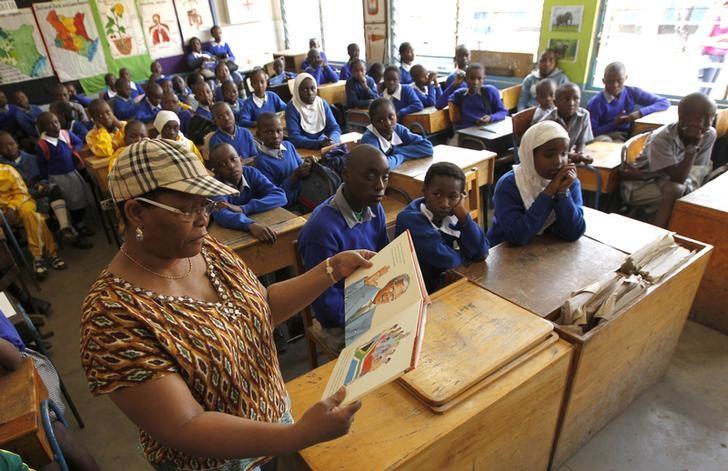
Human Rights Watch: Urgent action needed to reach UN education targets

The right to education is one of the most fundamental rights of any human being. It is enshrined in article 26 of the Universal Declaration of Human Rights. However, not everyone today has access to education.
According to the United Nations, about 265 million children and adolescents across the world do not have the opportunity to enter or complete school. Further, 617 million children and adolescents cannot read or do basic math. Close to 4 million refugees and children are out of school.
Governments have 10 years left to meet the United Nations’ 2030 Sustainable Development Goals (SDGs), which include commitments to guarantee that every child completes primary and secondary school, and is able to read and write. Governments have also committed to giving all children access to pre-primary education, and tackling discrimination against girls, women, and persons with disabilities.
According to a study published in November by World Population Review Today, 86.3 percent of all males and females who are at least 15 years old are literate. Ninety percent of all males and 82.7 percent of all females aged 15 and over can read and write.
However, HRW Senior Children’s Rights Researcher Elin Martinez says warns that large numbers of children are still being denied access to quality education.
“Many governments have been repeatedly warned that they are excluding large numbers of children from school because of their discriminatory practices and underinvestment,” Martinez said. “These governments still have time to reverse harmful approaches and do what is right for children.”
UN agencies have warned governments that they will fail to meet these goals unless they increase and target investment and retention programs for the most excluded and poorest children in their countries.
In recent years, some countries have made important progress in guaranteeing the right to education for groups of children that have been marginalized or excluded by their education systems. In Mozambique, the government revoked a policy that previously forced pregnant girls into night classes, leading to high drop-out rates among primary and secondary school students.
Human Rights Watch says international and regional organizations, such as the UN and the African Union, should hold accountable governments that persistently deny education to large groups of children. Global education leaders and donors should publicly raise concerns with governments that commit human rights abuses in education, and ensure that funds do not directly or indirectly support the exclusion of children, or undermine international human rights obligations.






